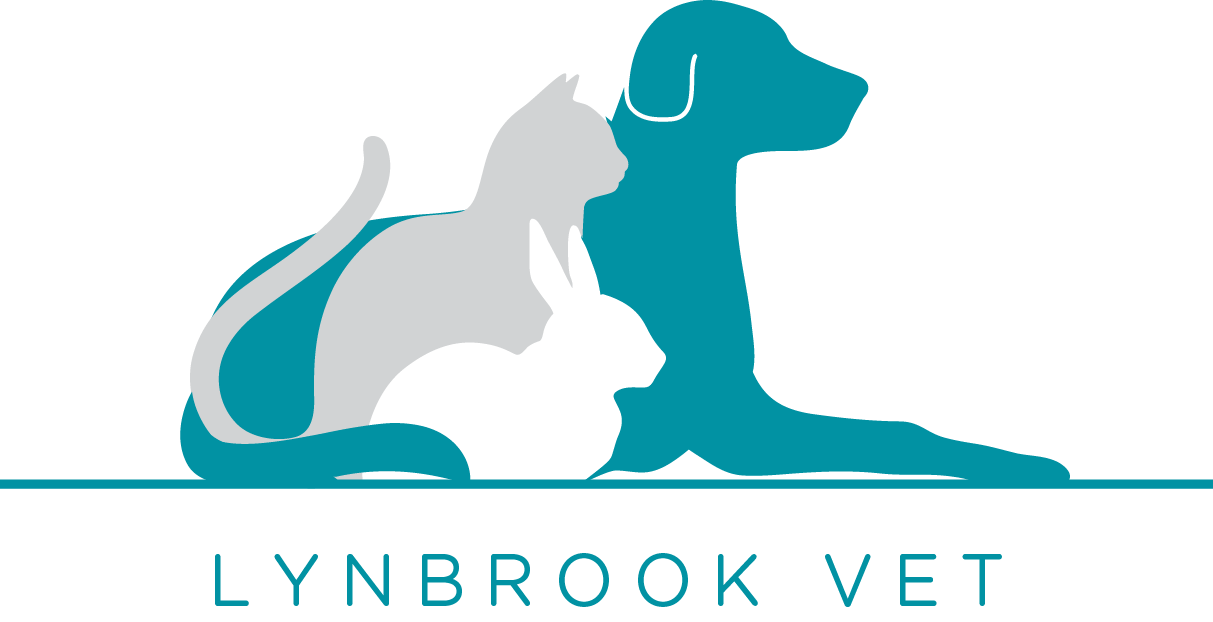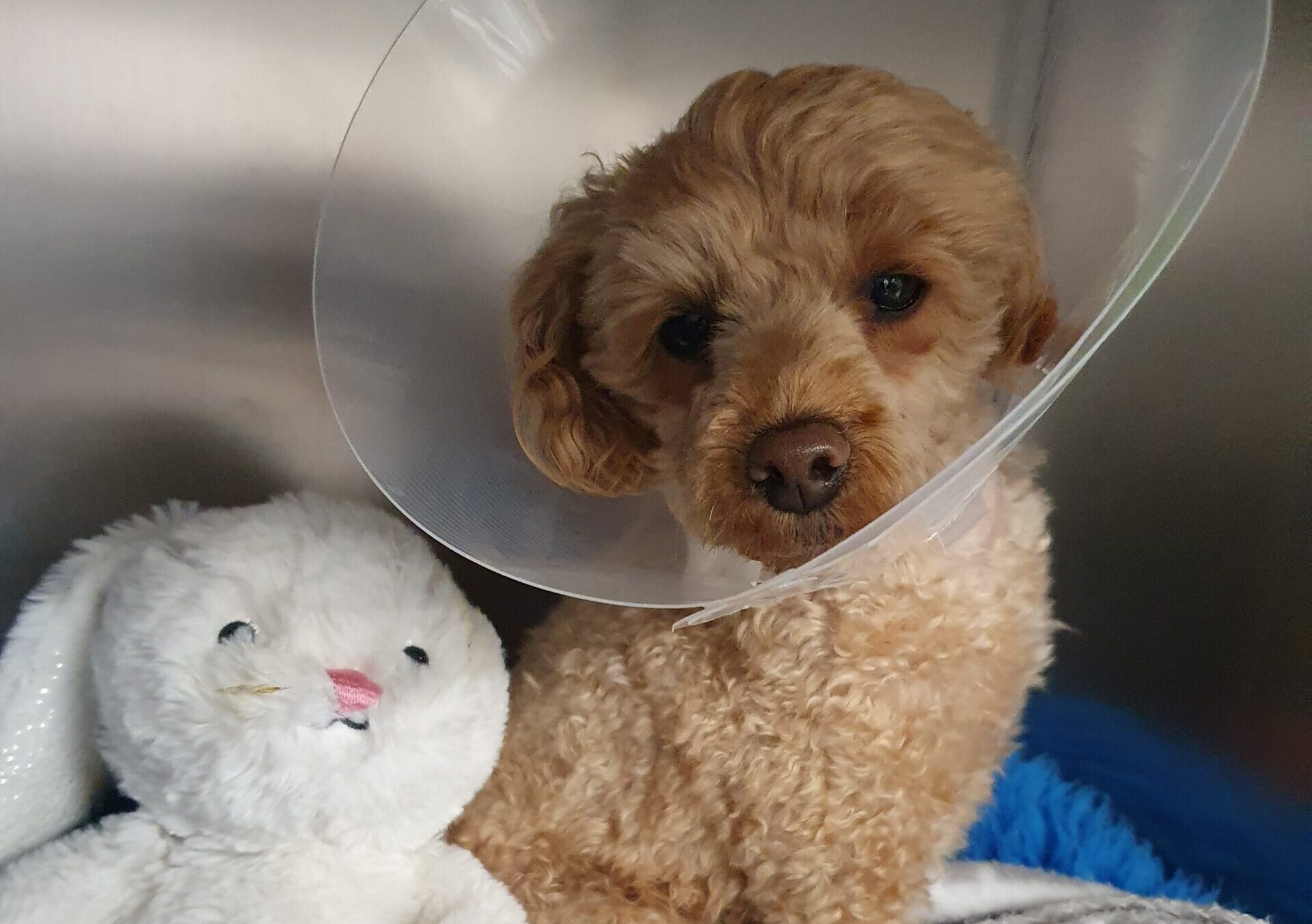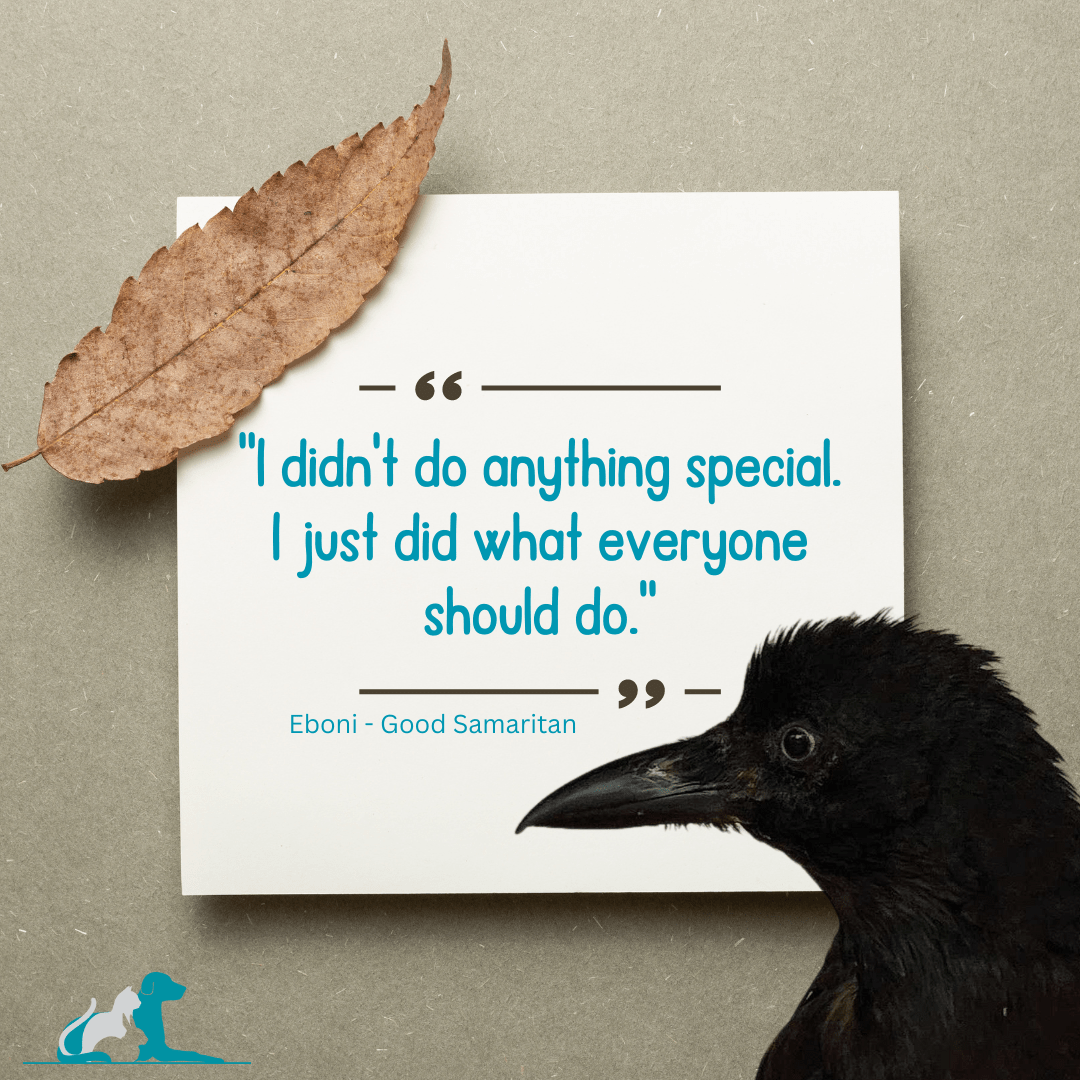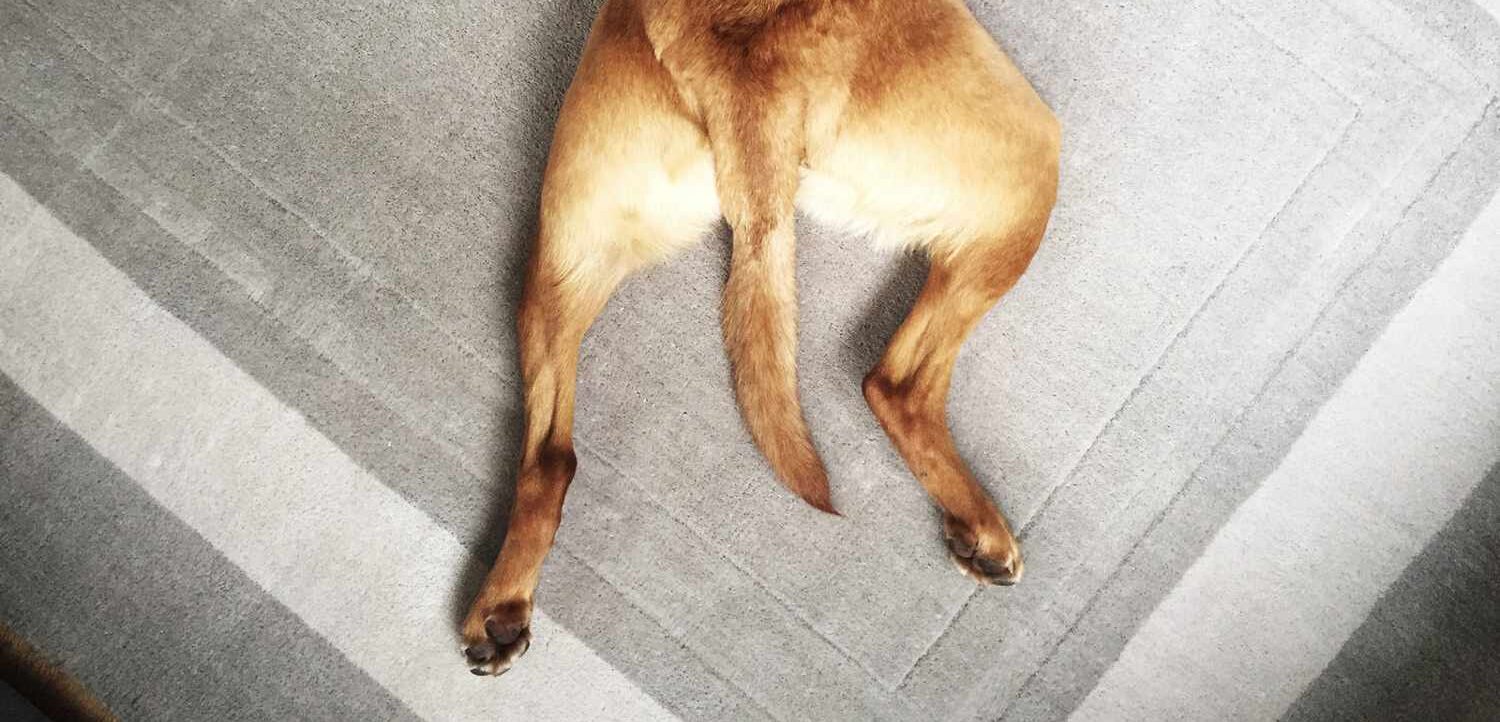Have you ever found yourself at the store or scrolling online, confused by all the options for food you can feed your dog or cat?
Every pet owner has likely been in this position at least once before and it is a lot of pressure to choose the right diet, especially when there is not always an obvious answer.
At Lynbrook vet we believe that the best diet for your pet is the highest quality of food that you can afford, that keeps your pet happy and healthy.
We understand that each owners’ priorities when selecting a food for their pet can differ significantly. From value for money, convenience, feeding for a specific health condition or life stage, ethical production or if you simply want to try something different.
If you’re not sure where to start, take a look at the list below for a few key points to consider when choosing the right food for your dog or cat.

What stage of life is your pet in?
- How much to feed a puppy or kitten? It is vital that puppies and kittens get all the nutrients they need from their food to grow and develop normally. Always ensure that you feed a food that is designed for puppies or kittens, ideally for the first 12 months of their life or longer in the case of large breed puppies.
- Large breed puppies require a specific puppy diet to meet their increased nutritional needs when compared to smaller puppy breeds. If you have a large breed puppy, be sure to choose a diet that specifically states it is designed to meet the nutritional requirements of large breed puppies.

What should I feed my dog and/or cat?
- Feeding either only dry food or a mix of dry and wet food is better for long term dental health, as wet food does not require your pet to chew.
- Wet food is often more costly to feed than dry food to meet the daily requirements of your pet. For cats feeding wet food can help increase their water intake should they not be good drinkers but do keep in mind their teeth need some type of solid diet to help remove plaque (unless you are brushing your cat’s teeth!).
- Raw feeding and home cooked diets are growing in popularity as alternatives to traditional wet or dry diets for dogs and cats. These alternative diets can certainly be fed successfully but can be tricky to get right to meet all your pets’ nutritional requirements (especially for cats). More to come on these diets in future blogs.

How much should I feed my dog?
- Feeding the right amount can be tricky to judge as there are a number of factors that may alter the amount your pet needs. Things to take into consideration include breed, age, medical conditions, body score and activity level.
- For specific information, CLICK HEREto feeding blog about your pets’ nutritional requirements (especially for cats). More to come on these diets in future blogs.

Nutritional Guidelines.
- Try to make sure that you select a food for your pet that meets recognised nutritional standards. This will help make sure that every meal your pet gets is giving them the right balance of nutrients to help them stay happy and healthy.
- Look out for products that meet WSAVA (World Small Animal Veterinary Association) guidelines or AAFCO (The Association of American Feed Control Officials) guidelines to ensure you are feeding a properly balanced diet.

Nutritional Analysis.
- Try to choose a food that states it had a “guaranteed” nutritional analysis, as this will mean each bag has the same nutritional contents and there are less likely to be significant changes in the contents of the food from bag to bag.
- If you cannot find a product to suit you and your pet with a “guaranteed” nutritional analysis then the next best option is one with a “typical” nutritional analysis, however this does mean that there may be changes from bag to bag and there may not be as stringent analysis of each batch during production of the food.

Value for money.
- Food products that are cheaper per kg don’t always save you money.
- Products that are cheaper per kg often have higher feeding rates so you end up feeding more of the cheaper food that may end up being more expensive that the lower feeding rate of a more expensive brand.
- Have a look at the feeding instructions on the product packaging and check the feeding rate that suits your pet. When comparing products, always compare the feeding rate in weight (grams) rather than volume (cups), larger kibble will always take up more space (volume) but may not weigh more.

What goes in must come out.
- Poop, no one likes to clean it up. If you are feeding a product that has a lower feeding rate then you are likely to have less poop to clean up.

Ingredients - What is important?
- Proteins in your pet’s food should come from an animal (meat source) rather than vegetable (peas, beans and legumes), this is what they are naturally designed to consume.
- Try to choose a food that has its protein source clearly labelled, for example “chicken meal” or “lamb” or “beef by-product meal” rather than a product that states “beef, chicken or lamb”. This is especially important if you have a pet with a sensitive stomach as it means each bag is likely to have the same ingredients as the last.
- Ideally choose a diet that has a protein, protein meal or protein by-product listed early in the ingredient list on the product packaging (ideally within the first 3 ingredients). Cats are obligate carnivores and do not require any grains vegetable matter in their diets, and dogs are omnivores that require a high protein diet so ensuring that your protein (meat) source is present in high quantities is important to providing a good quality diet for your pet.

Does my pet need a single protein or grain free diet?
- In most cases the answer is no, most pets are happy and healthy eating a diet containing grains or mixed protein sources.
- If you have a pet with food sensitivities or allergies your vet may recommend a single protein diet or grain free diet. It is always best to make dietary changes for your sensitive pet in consultation with your veterinarian.

Can I feed my pet a vegan diet?
- Cats can absolutely not be fed a vegan diet; they are obligate carnivores and must consume meat in order to survive.
- It is possible to feed a dog a vegan diet however it is strongly discouraged. It is extremely difficult to achieve a properly balanced vegan canine diet and very little research has been done into the long-term effects of feeding a vegan diet to dogs. Some research suggests that some vegetable protein sources used as meat/grain alternatives may be linked to cardiac disease in some dogs.
- We highly recommend those with concerns about feeding an animal-based diet to their pet, seek a diet that is ethically sourced to reduce concerns around the mis-treatment of animals for food production rather than eliminating animal products from your pets diet which could put their health in serious jeopardy.
There are also a few human foods which we would like to take time to mention that your dog and cat should not eat.
For CATS, CLICK HERE to find a list of foods your cat should not eat.
For DOGS, CLICK HERE to find a list of foods your dog should not eat.

Keep an eye out next month for a nutritional blog about raw feeding and home cooking including our suggestions for how to go about feeding your pet these diets.
Remember to always make diet changes slowly over a 7-14 day period and if in doubt, please contact our friendly team for further advice.






